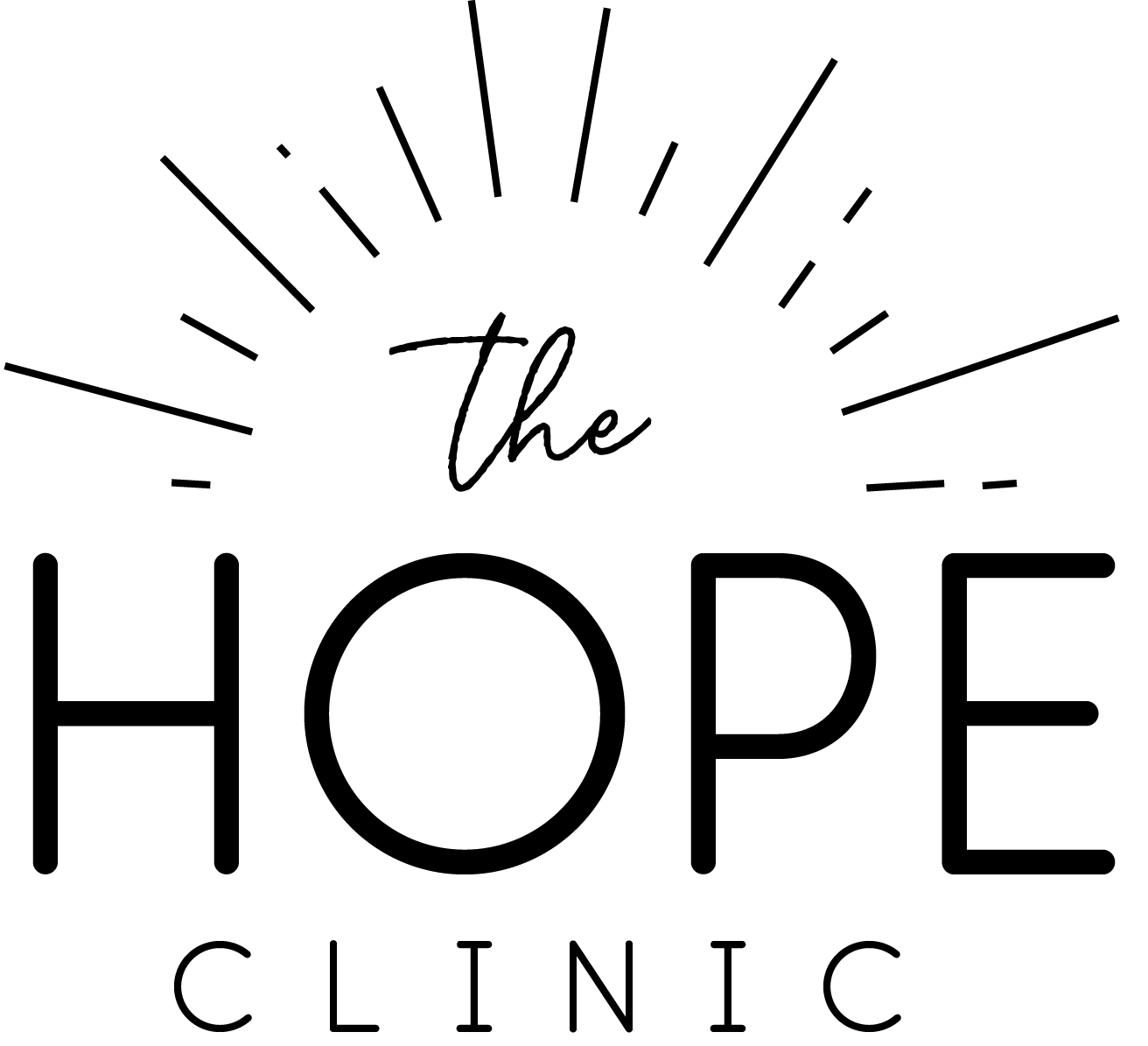
STDs are more common than you may think. If you have had sex with multiple partners or with one person who had multiple partners, you are at risk of getting a sexually transmitted disease (STD). Some people have an STD and don’t even know it, as many people don’t have symptoms. No early symptoms are why it’s so vital to get tested, as STDs can cause serious health issues if not treated. We want to share some of the most common STDs and what you need to know about each.
Three Most Common STDs
An STD, a sexually transmitted disease, is spread through sex or sexual activity with an infected person. They are passed from one person to another through blood, semen, or other bodily fluids. The three most common STDs include:
1. HPV
Human papillomavirus (HPV) is the most common STD in America, according to Raleigh Medical Group. While certain types of HPV have few symptoms and no major health problems, many types can lead to serious diseases like cervical cancer. If you have genital bumps, this could be a possible symptom of HPV. Get tested as soon as possible to be sure.
2. Gonorrhea
Gonorrhea is the second most commonly reported notifiable disease in the US (Raleigh Medical Group). This disease is treatable, but a delay in receiving treatment may result in major health issues. Untreated gonorrhea increases a person’s risk of getting HIV and can cause pelvic inflammatory disease (PID) in women.
3. Chlamydia
Chlamydia is another common STD in America. Women are at higher risk for this disease. While this type is cured easily, it has the possibility of damaging a woman’s reproductive system and making it difficult for her to get pregnant. Another condition, called an ectopic pregnancy, can be a result of this disease. Anyone having unprotected sex is at risk for Chlamydia, so it’s vital to get tested.
Symptoms of STDs
While some people don’t experience any symptoms of an STD, many people do. It’s important not to overlook the signs and receive testing right away. Some common symptoms of STDs include:
- Sores or bumps on the genitals or around the mouth or rectal area
- Unusual vaginal bleeding
- Pain during sex
- Painful or burning urination
- Discharge from the penis
- Sore, swollen lymph nodes
- Lower abdominal pain
If you think you may have an STD or are at risk, schedule an appointment at The Hope Clinic to receive free testing, education, and treatment. Our nurses can help answer any questions you might have.
All services at The Hope Clinic are free of charge and confidential.
Schedule your appointment today!
